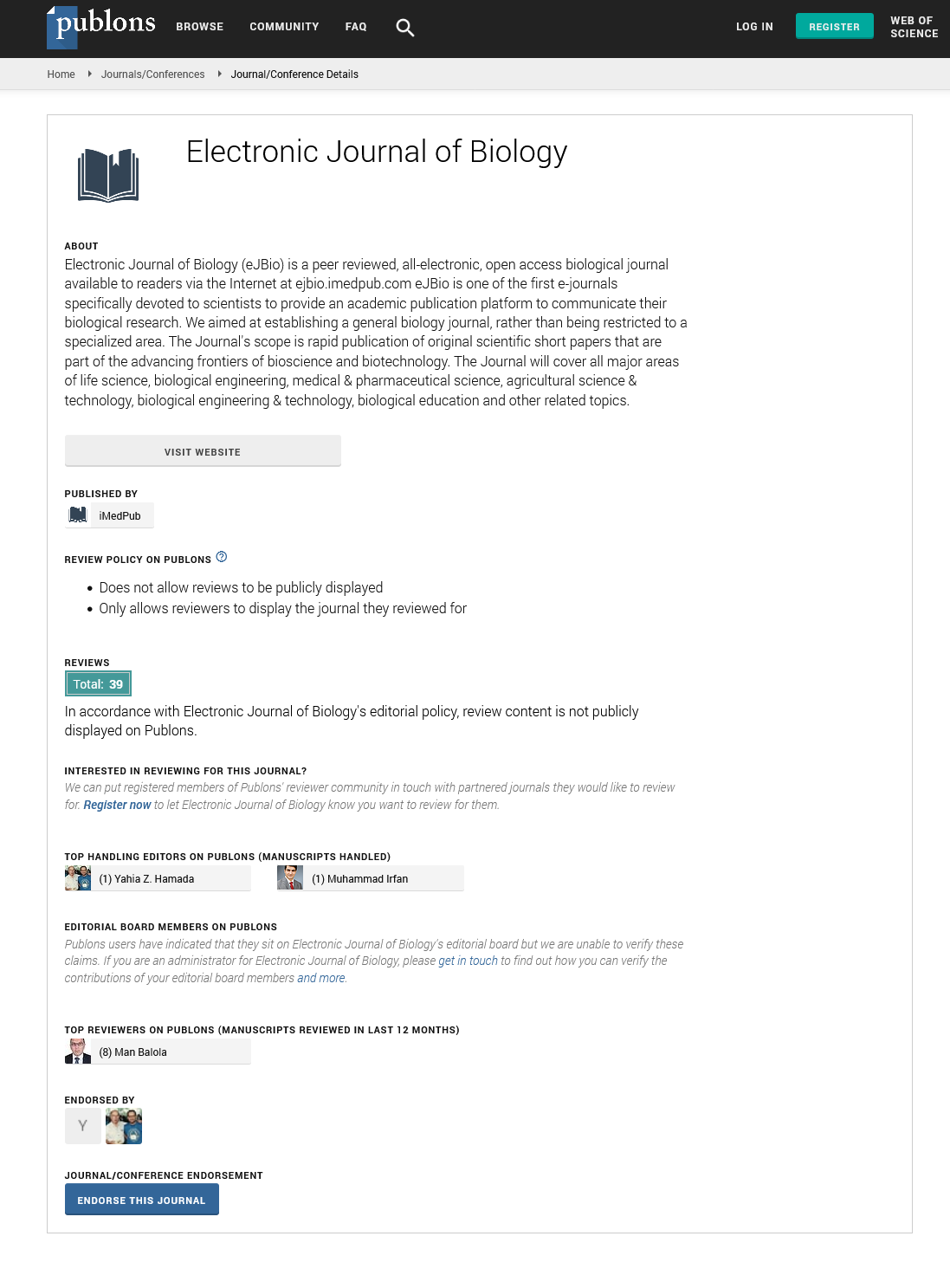Abstract
The Systematic Review of Proteins Digestion and New Strategies for Delivery of Small Peptides
The digestive system is rich in different proteolytic enzymes, acid, and other secretions, also lined with a layer of mucus, which provides extracellular and intracellular barriers to peptide absorption in all epithelial surfaces of lumen. However, small peptides may be crossing from these barriers and absorbed from different regions of the intestine. These peptides as small, mini or small peptides called bioactive peptides. Bioactive peptides have defined as peptides with quasi-hormone or drug like activity that eventually modulate physiological function through binding interactions to specific receptors on target cells. Bioactive peptides may be classified as antimicrobial, anti-diabetic, antithrombotic, antihypertensive, opioid, immune modulator, mineral binding and anti-oxidative. Most of the final protein digestive products that are absorbed are individual amino acids, with lower values absorption of small peptides. The peptide transporter 1 (PEPT1) is primarily responsible for the absorption of dietary diand tripeptides from the small intestinal. Currently, there is an interest in small peptides in pharmaceutical research and developments are being evaluated in clinical trials. The aim of this review is to summarize the existing knowledge for a better understanding of the challenges about protein digestion, small peptide absorption and oral delivery enhancers with an emphasis on small peptides.
Author(s):
Sina Vahdatpour, Aniseh Pourrasmi-Mamaghani, Mehdi Soleymani- Goloujeh, Naser Maheri-Sis, Hamid Mahmoodpour, Tohid Vahdatpour
Abstract | Full-Text | PDF
Share this

Google scholar citation report
Citations : 5001
Electronic Journal of Biology received 5001 citations as per google scholar report
Electronic Journal of Biology peer review process verified at publons
Abstracted/Indexed in
- Google Scholar
- China National Knowledge Infrastructure (CNKI)
- CiteFactor
- Electronic Journals Library
- Zoological Records
- WorldCat
- Proquest Summons
- Publons
- MIAR
- Openaccessarticles.com
- Secret Search Engine Labs
Open Access Journals
- Aquaculture & Veterinary Science
- Chemistry & Chemical Sciences
- Clinical Sciences
- Engineering
- General Science
- Genetics & Molecular Biology
- Health Care & Nursing
- Immunology & Microbiology
- Materials Science
- Mathematics & Physics
- Medical Sciences
- Neurology & Psychiatry
- Oncology & Cancer Science
- Pharmaceutical Sciences


